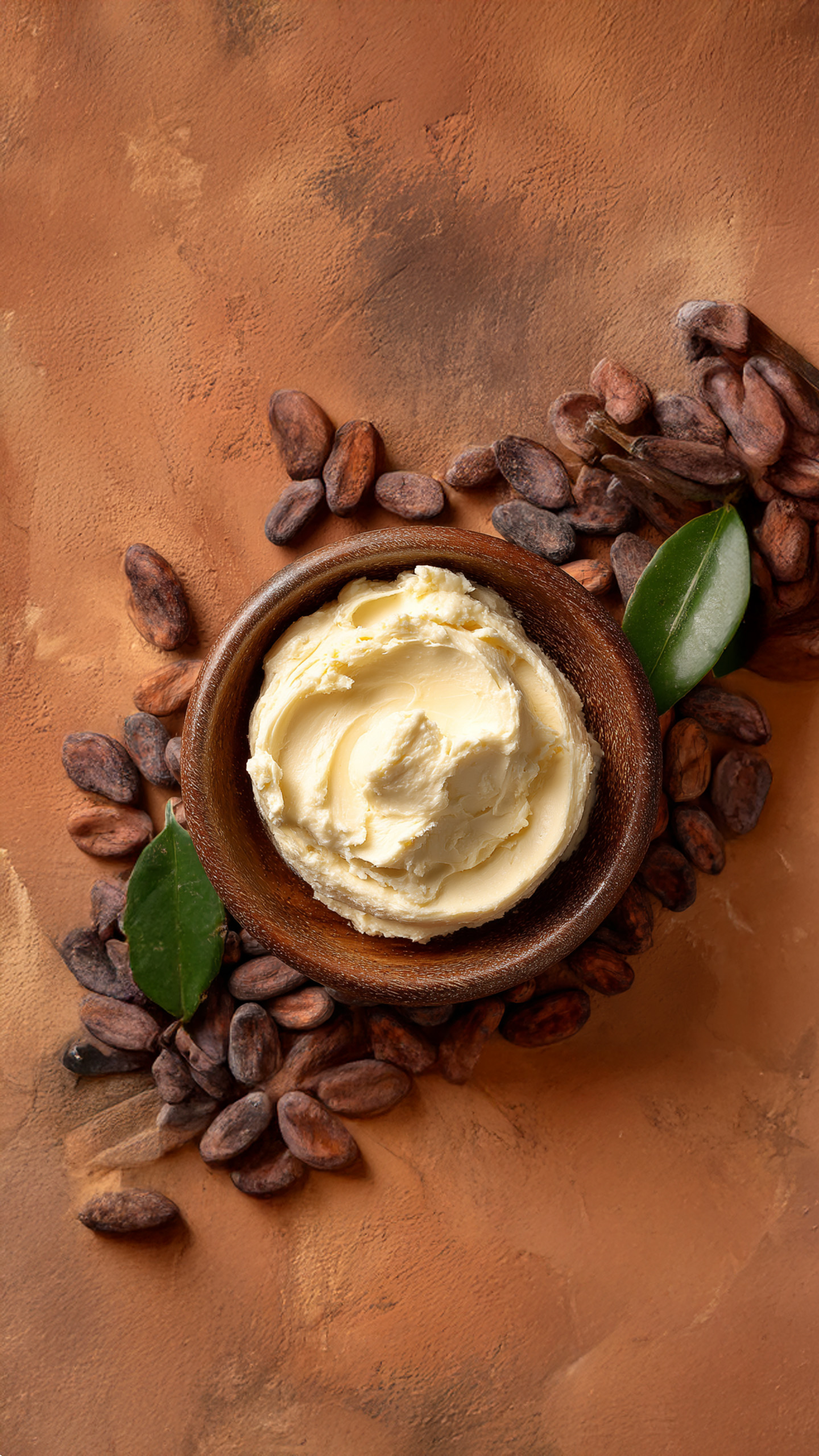Tea for Heart Health
Heart disease remains a significant concern globally, and exploring natural methods to maintain cardiovascular health is crucial. The following teas have
shown promise in reducing cholesterol levels, which is a major factor in heart health. These teas are not just beverages; they are a flavorful way to support your well-being. Regular consumption, coupled with a healthy lifestyle, can contribute to significant improvements in your overall cardiovascular health. Before making major changes to your diet, always consult your physician or a qualified healthcare professional. They can provide personalized advice and ensure these herbal teas are safe for you, especially if you are taking any medication or have underlying health conditions.
Hibiscus Tea's Benefits
Hibiscus tea is known for its vibrant red color and tart flavor. Studies have revealed that hibiscus tea can significantly lower both systolic and diastolic blood pressure. High blood pressure is a significant risk factor for heart disease. Furthermore, hibiscus has shown the ability to lower LDL (bad) cholesterol and triglycerides, while increasing HDL (good) cholesterol. The antioxidants present in hibiscus play a key role in protecting against cellular damage, further contributing to heart health. Preparing hibiscus tea is simple; steep dried hibiscus flowers in hot water for a refreshing and health-boosting beverage. The benefits of hibiscus tea make it a delicious and effective choice for promoting heart health.
Green Tea's Impact
Green tea, a staple in many cultures, is rich in antioxidants called catechins. These compounds help to protect against cellular damage and reduce inflammation. Research suggests that green tea consumption can lower LDL cholesterol levels and improve overall cholesterol profiles. The catechins in green tea can also inhibit the absorption of cholesterol in the gut. Moreover, green tea can improve blood vessel function, contributing to better cardiovascular health. Brewing green tea properly (avoiding overly hot water) preserves the beneficial compounds. Incorporating green tea into your daily routine can provide a delicious and healthful boost for your heart.
Oolong Tea's Role
Oolong tea, a partially oxidized tea, offers a unique flavor profile and a range of health benefits. Studies have shown that oolong tea can help to reduce cholesterol levels, particularly LDL cholesterol. The antioxidants in oolong tea contribute to its cardiovascular benefits by fighting free radicals and reducing inflammation. Furthermore, oolong tea may improve blood vessel function, supporting overall heart health. The various levels of oxidation in oolong tea offer a variety of flavors and levels of benefits, making it an excellent addition to your diet. The versatile tea can be prepared in various strengths, making it enjoyable at any time of day, helping you gain more health benefits.
Black Tea's Advantages
Black tea, one of the most popular teas worldwide, offers several health benefits. Research indicates that consuming black tea can help to lower LDL cholesterol and improve overall cholesterol profiles. The antioxidants in black tea, known as theaflavins and thearubigins, contribute to its heart-healthy properties. Moreover, black tea can help to improve blood vessel function, reducing the risk of cardiovascular diseases. Black tea is easy to prepare and can be enjoyed hot or cold. The benefits are maximized when consumed regularly as a part of a balanced diet and healthy lifestyle. By including black tea in your daily routine, you can make a flavorful and beneficial contribution to your heart health.














